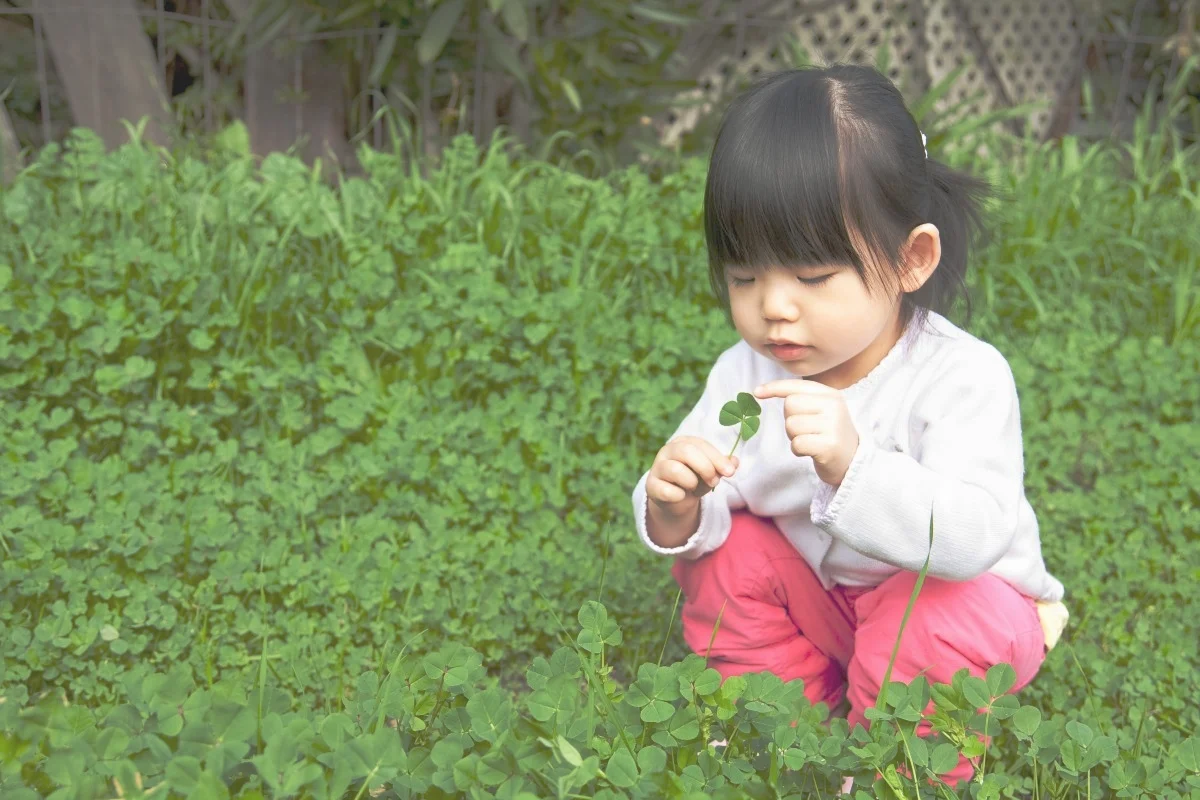In 2020 we’ve seen racial tension comparable to the 1960’s Civil Rights Movement, with all the ugly stuff it involved; including police brutality, widespread riots, and modern-day lynchings. To deny that racism exists today is to turn a blind eye on a large systemic and communal problem. As educators and advocates for equality, the fight for the rights of our black students and the greater minority community is far from over …
Creating Creative Children
It is necessary that teachers and parents guide their children to employ creativity en mass, and frequently. This involves making time in our daily lives to encourage this behavior. It requires more open-ended questions, allowing room for more than one "right" answer. It requires allowing our children more freedoms to pursue their interests, communicating with them often about their ideas and opinions, and genuinely considering these creative thoughts as a means of validation. For this, our children will be more empowered; readily willing to act creatively when problems arise, and more confident in themselves…
Raising the Mindful Child
Public Schools vs. Charter Schools
A sort of epic teaching battle for who can produce the best students. Charter schools have become the modern rival of public schools. The conversation has turned even uglier as Teachers Unions take charge and outright defame charter schools, with efforts to remove these entities from particular states all together. I think it’s time we call for some peace. …
Unfair School Funding
In the U.S. school funding comes from a combination of three main sources. This balance varies from state to state, but on average it rounds to about 10% federal money, 45% from the state, and 45% local property taxes. The leading cause for our wide variation of poor and well education across school districts is our latter contributor, property taxes. Property values vary tremendously from neighborhood to neighborhood, district to district; and with them, tax revenues range far and wide just as well. …
Unfair Funding - Part 2
Unfair Funding - Part 3
The problem is clearly staring us all in the eye, but lawmakers refuse to see education as an importance that requires equal protections and funding. In 1973, San Antonio Independent School District vs. Rodriguez made it to the U.S. Supreme Court. The plaintiff, Demetrio P. Rodriguez, argued that any school funding system that depends on local property tax revenue is fundamentally unfair to poorer districts. Rodriguez’s sons attended an elementary school where the third floor had been condemned. It lacked books and many of the teachers weren’t certified. …










